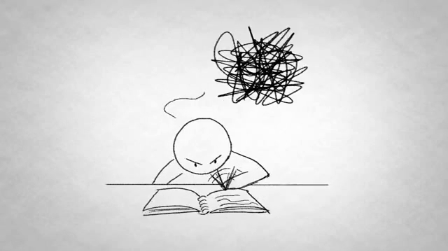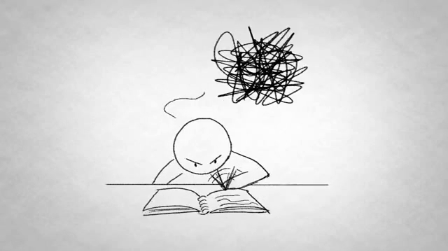Write More Than Just A Few Good Lines
Even if you're not a writer and have never written anything before, you've probably had the experience of writing something that wasn't very good. Maybe it was a poem or a letter or even just a text message. But even if it was just a few lines long, you may have found that it wasn't quite as easy as you thought it would be.

That's because writing is hard! As someone who has been writing for years now and has written many things, I can tell you from experience that writing is definitely not easy. It takes time and effort to do it well—which is why so many people don't do it at all!
Writing more than a few good lines is like writing a song that you hope will be on the radio. It takes time and planning, but it's worth it!
Writing is a lot like baking: you can’t just put a few ingredients together and expect something amazing to come out of the oven. You have to plan out your recipe, measure out your ingredients and bake them at the right temperature for the right amount of time.
The same is true with writing—you have to plan and research before you begin writing anything. You need to know what your goal is, and how you can best achieve it. Once you know what you want to say, then it’s time to start writing!

Start by jotting down all of your ideas on a piece of paper so that they don’t escape from your head. Then, start writing! Don’t worry about making mistakes or being perfect, just write as much as possible until it feels like there’s no more left inside your brain. Then take some time away from your work before returning to edit it later on.
When you return, look at each sentence carefully and ask yourself these questions:
Does it make sense? If not, fix it! The goal isn't for people to understand every word—it's for them to understand the point of what you're saying. If a sentence doesn't get us closer toward understanding that point, take it out!
Is this sentence too long? If so, break it up into two shorter sentences or just remove it altogether if neither option works well for the flow of your essay or article.
Does this sentence really need to be here? If not, cut it out! You don't want anything dragging down your work —the reader should be able to read through your piece without getting bogged down by unimportant details.
This may sound like a lot of work, but it will help you create something that is both original and well-edited at the same time—and that's what makes great content.
This approach works for all kinds of writing, from poems to novels and everything in between. It doesn’t matter if you’re an expert or a novice—this technique will help you get started with any kind of project or idea because it gives you room for experimentation and exploration before you narrow down what works best for the piece itself (or its audience).

In Conclusion
Most people think that writing is just about creating a few good lines. In fact, it's more than that. It's about creating a whole story that readers can connect with and relate to.
It's true that you can impress people with a few good lines, but you'll also lose them if you don't keep them engaged. That's why when you're writing anything—whether it's an email, an article, or a novel—you need to make sure that every sentence is saying something meaningful and relevant to the overall topic at hand.
Writing is an art form, and like any other art form, it takes practice to get good at it. If you want to be a great writer, you need to be willing to put in the time and effort required for improvement.



You've said well it's helpful. Many people add irrelevant lines to their articles and it wouldn't make sense. Some people don't even cross-check their work. They just write it and submit it immediately. I'll work on them too. Thank you